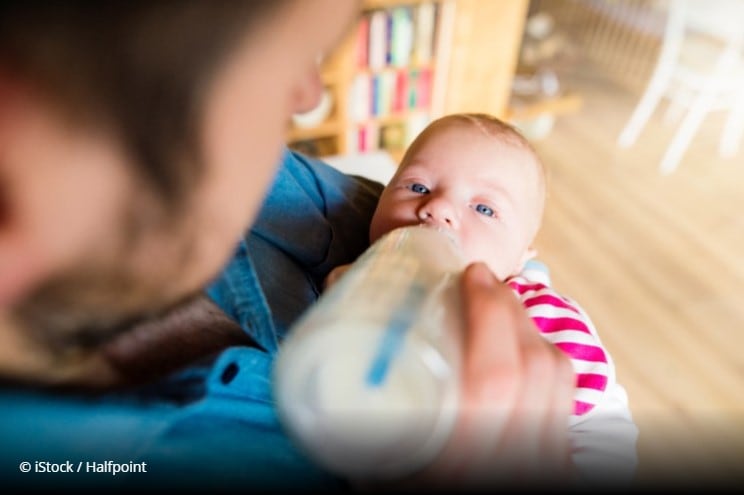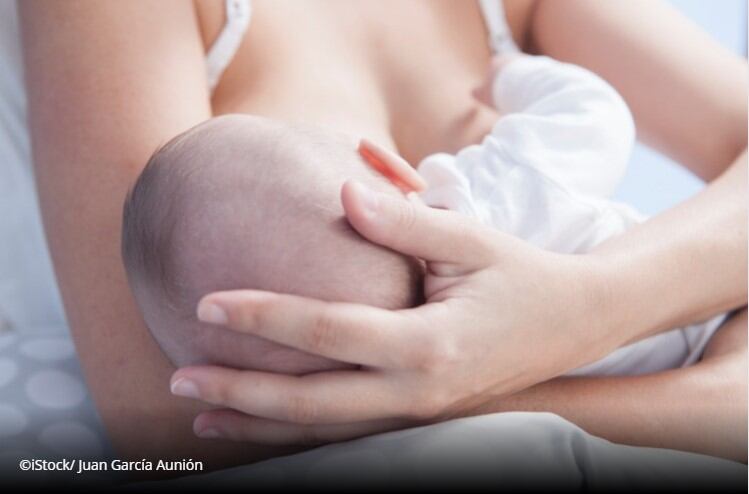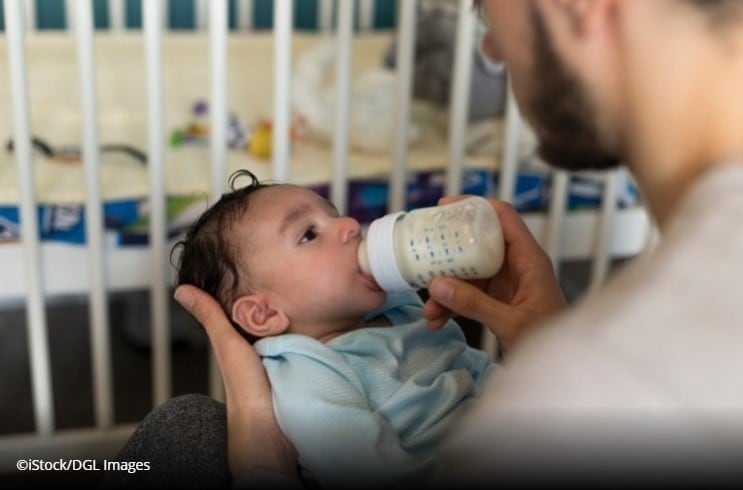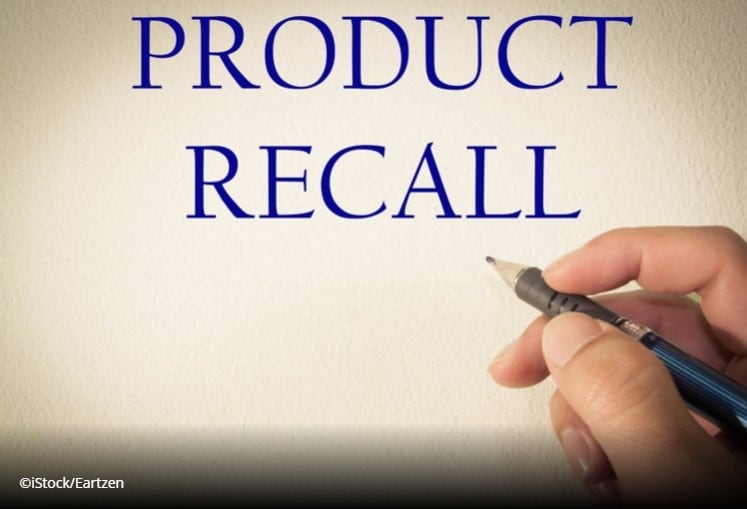In results published this week, the ATNI’s BMS and Complementary Foods (CF) Marketing Index awarded the makers of Aptamil infant formula an overall score of 68%.
“A score of 100% would indicate that a company’s marketing policies, practices and disclosure are fully aligned with these WHO recommendations,” the report states.
“Danone retained first place, with a score of 68%, up substantially from its score of 46% in 2018, driven principally by higher levels of compliance with The Code and local regulations.
“[This compliance] went beyond The Code in the Philippines and Mexico compared to the levels of compliance found in previous studies carried out in in Nigeria and Thailand for the 2018 Index.”
Nestlé & Kraft Heinz
Also placed highly by ATNI, an independent not-for-profit organisation based in the Netherlands, was Nestlé in second place with a score of 57% and Kraft Heinz taking third place with a score of 38%.
Nestlé’s silver medal position was a repeat of its position back in 2018, the last time this Global Index was determined, where the corporation scored 45%.
US-based Kraft Heinz increased its ranking to third, with a score of 38%, up from a score of zero in 2018.
ATNI commented on the firm’s improvement in its score partially as a result of providing a BMS Marketing Charter to ATNI for the first time.
The charter allowed ATNI to better assess Kraft Heinz’s BMS/CF 1 score, a measure of all companies taking part, the extent to which their own policies were adopted voluntarily along with how much management systems and disclosure align fully to The Code’s recommendations.
Kraft Heinz, along with the other BMS makers, were also assessed on BMS/CF 2, a measure of the extent to which they marketed their products in line with The Code within two low or middle-income countries (called higher-risk countries).
As for previous assessments, ATNI selected two countries in which to undertake research for this Index: the Philippines and Mexico.
“It (Kraft Heinz) also achieved a better result in the 2020 Mexico study compared to the one carried out in Nigeria in 2017,” ATNI states. “As a result, its BMS/CF 2 score also increased.”
The ATNI were assessing these firms in accordance to the agreement set up in 1981, in which nine of the largest manufacturers of breastmilk substitutes (BMS) and complementary foods (CF) agreed to an International Code of Marketing of Breast-milk Substitutes (BMS).
The Code has since been complimented by 18 subsequent relevant World Health Assembly (WHA) resolutions (collectively referred to as The Code).
Code’s 40th anniversary
The 40th anniversary of The Code in May, gave UNICEF and the World Health Organisation (WHO) the opportunity to highlight that only 25 countries had so far implemented measures that substantially aligned with the Code.
The ATNI made a point of stating that the BMS companies were addressed by the WHO and UNICEF’s BMS Call to Action urging them to publicly acknowledge The Code and to commit to delivering full Code compliance by 2030 at the latest.
While 17 companies responded– including seven included in this Index, most did not make the requested commitments or action.
The signatories to the Call to Action, in their response to industry, stated they were, “profoundly disappointed that no other company, including the largest global companies, took this crucial opportunity to commit to achieving compliance with internationally agreed health policy.”
Jean Marc Magnaudet, President of Danone Specialized Nutrition said of the report’s findings, “We welcome ATNI’s assessment as we strongly believe that external monitoring raises the compliance and integrity of marketing practices of individual companies, and ultimately, the entire industry.
“Parents place their trust in us, and we aim to repay that trust by ensuring that every parent feels supported with truthful, science-based information about nutrition options for their child, and by providing this information in a responsible, transparent and open way.’’




